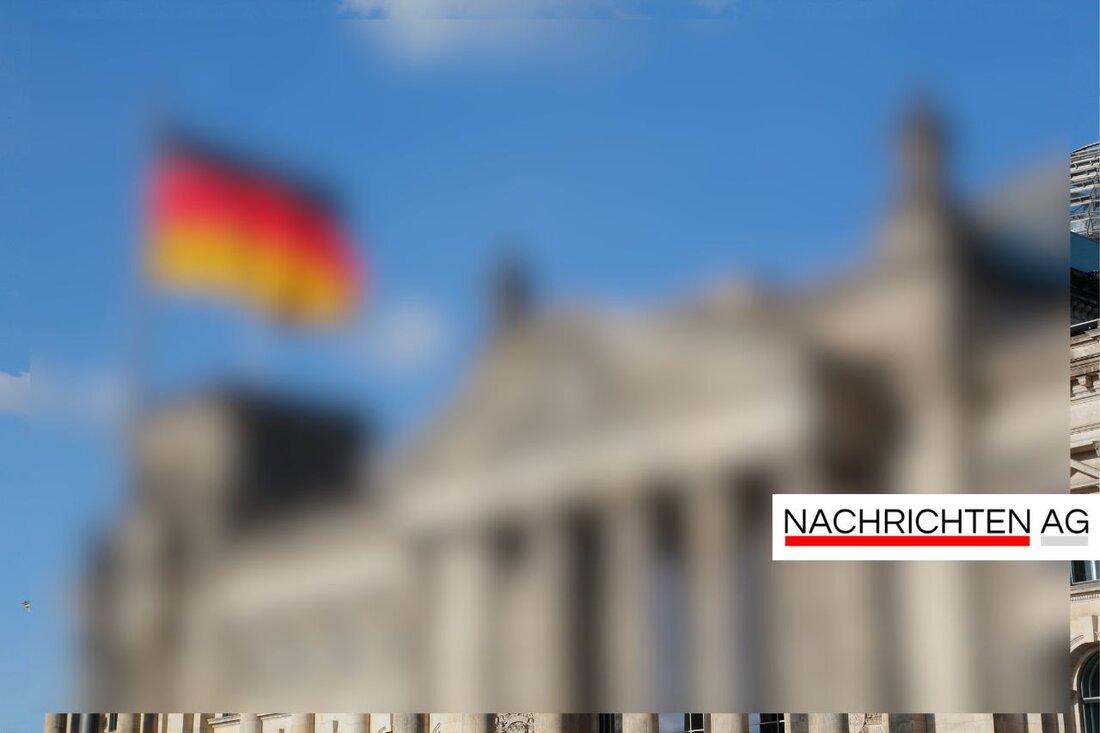Debate about AfD ban: Democracy in danger – state parliament under pressure!
A ban on the AfD is being discussed in the state parliament of Mecklenburg-Western Pomerania after it was classified as right-wing extremist.

Debate about AfD ban: Democracy in danger – state parliament under pressure!
A heated debate is raging in the state parliament of Mecklenburg-Western Pomerania about the Alternative for Germany (AfD) and its right-wing extremist classification by the Office for the Protection of the Constitution. A corresponding motion from the SPD and the Left to initiate an AfD ban procedure was approved with 40 votes, while 24 MPs were against and 7 abstained. The discussion shows how serious the political situation is now assessed.
The aim of the application is to examine possible steps to protect democracy that could amount to a ban on parties. This is happening in the context of the judicial review of the AfD's classification as “secure right-wing extremist”, which has been in effect since May 2, 2025. This classification is based on a comprehensive report, which remains sealed to protect sensitive intelligence information. However, several media outlets reported elements of the report that point to extremist positions within the AfD, particularly on issues such as xenophobia and human dignity, underscoring the dangers posed by the party.
Statements by the actors
Reactions to the classification are mixed. AfD parliamentary group leader Nikolaus Kramer described the decision as legally controversial and criticized the Office for the Protection of the Constitution as a political tool of the government. This clearly shows that the AfD does not want to recognize the seriousness of this situation.
In contrast, MPs from the SPD and the Left Party emphasize the need for such measures. SPD parliamentary group leader Julian Barlen warned that the AfD represents a “derogatory worldview,” especially towards migrants. Left MP Michael Noetzel sees the ban procedure as an essential tool of a defensive democracy that should be implemented quickly. He refers to the lessons from the Weimar Republic, in which similar ignorance of extremist tendencies had fatal consequences.
The legal framework
Legal scholars emphasize that a party ban is a complex matter and can only be requested by the Bundestag, Bundesrat or the federal government. In the case of the AfD, a reassessment could also result in an official classification as unconstitutional, which could have a significant impact on state party financing. The dispute over classification extends over legal admissibility and can drag on for years.
The AfD has intellectual and legal support in the form of lawsuits, but also faces warnings that officials with the AfD party record could face disciplinary action if they become actively involved in the party. In addition, it remains unclear how the Office for the Protection of the Constitution's promise to stand still, which allows for a quick review of the procedure, will influence the party's future development.
In the political arena it is clearly noticeable that opinions differ widely on how to deal with the AfD. It remains to be seen whether the governing parties will take legal action. The fact is, the debate will intensify as society grapples with the issues of extremism.

 Suche
Suche
 Mein Konto
Mein Konto